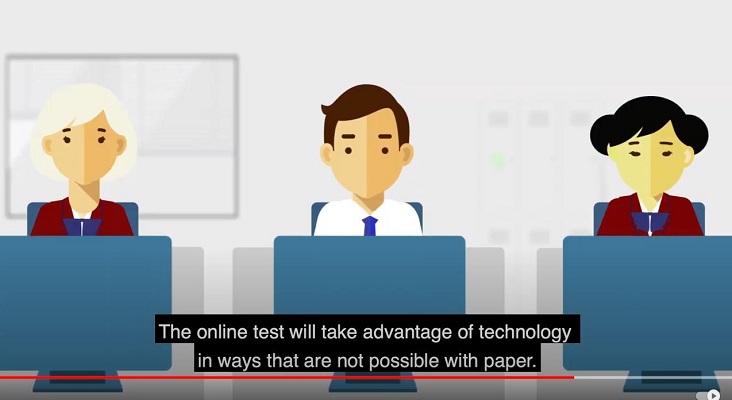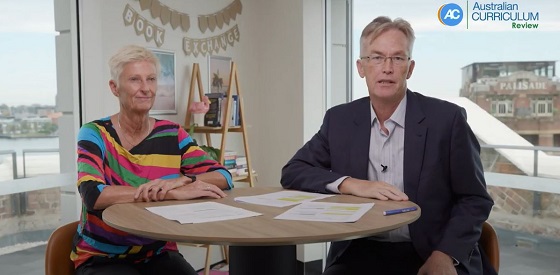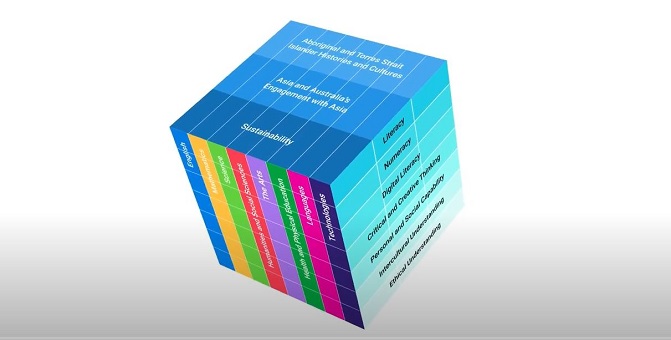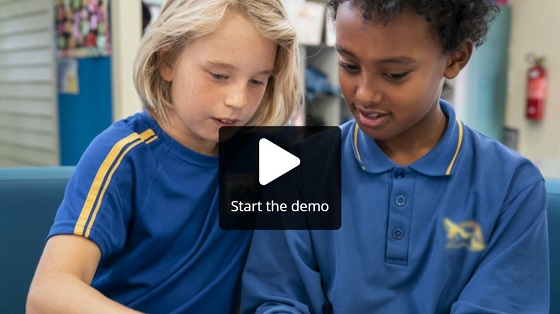
May 2021
NAPLAN has commenced
The annual NAPLAN assessments commenced on Tuesday 11 May for over a million students across Australia.
The data from this year’s NAPLAN assessment is going to be particularly important as it is the first test to take place in two years – NAPLAN was not conducted in 2020 due to the COVID-19 pandemic. This year, 70 per cent of schools will participate in NAPLAN Online in preparation for a full transition to NAPLAN Online in 2022.
Read ACARA’s media release (PDF 163 kb) about the start of NAPLAN testing.
For more information on NAPLAN, visit the NAP website. You can also find out more about NAPLAN online in the Understanding NAPLAN Online video.

The Australian Curriculum: public consultation open
The public consultation period on proposed revisions to the Australian Curriculum opened on Thursday 29 April for a 10-week window until 8 July.
The Foundation to Year 10 Australian Curriculum outlines the core knowledge and skills to be taught to students, wherever they live in Australia. The Australian Curriculum Review looks to improve the curriculum by refining, realigning and decluttering the content so it focuses on the essential knowledge and skills students should learn and it is clearer for teachers on what they need to teach.
Feedback can be provided on the learning areas, the general capabilities, and the cross-curriculum priorities. The consultation curriculum and feedback surveys can be found on the Australian Curriculum consultation website.

The Australian Curriculum: three dimensions
Watch the video that explains the three dimensions of the Australian Curriculum.

Your feedback on formative assessment
In collaboration with the Education Services Australia (ESA) and the Australian Institute for Teaching and School Leadership (AITSL), ACARA is working on the Online Formative Assessment Initiative (OFAI), which aims to provide Australian teachers with innovative formative assessment solutions.
You are invited to view a video demo of the Spindle prototype and share your feedback, which will help us develop the best possible solution.
- Visit the OFAI website for more information.
- Click on the image below to watch the Spindle prototype demo.

The COVID-19 education impact – are parents more engaged?
According to research conducted for ACARA, COVID-19 has had a significant impact on parents’ understanding of their children’s education, with parents across Australia reporting that they have far greater insight now into their children’s schooling, irrespective of the length of time families had spent on remote learning.
While experiences differed from school to school and from family to family, remote learning gave parents surveyed a unique and often frustrating understanding into the mechanics of schooling and education, with many finding a new appreciation for teachers and their skills.
ACARA CEO, David de Carvalho, said COVID-19 had challenged parents and led them to consider schooling in new ways:
“What we found is that those periods of remote learning – regardless of how long – gave parents a far greater insight into their children’s education, learning styles and where they struggle and thrive.
“COVID has given many parents a window into what goes on in classrooms, into the challenges of teaching, and that seems to have given them a sense of empowerment, understanding and greater engagement.”
The research, conducted with small focus groups, showed that pre-COVID, parents prominently relied on conversations with teachers to determine how their child is progressing, with school exams and standardised testing playing a lesser role.
Parents noted in the sessions that face-to-face channels were the most important forms of communication, and that as a result of the pandemic, they have a better understanding of student assessments such as NAPLAN and the ability to use results as a resource.
Among parents who had the capacity to spend time with their children in their learning, there emerged a stronger acknowledgement of the benefit of one-to-one homework/tuition support for their child. There was a greater understanding that, particularly for the first years of primary school, children who are struggling need more support and contact from educators.
Several parents felt that their children coped with remote learning relatively well and even progressed beyond expectations. But many others sensed that 2020 felt like a ‘write-off’ – their children largely disengaged or avoided learning and generally struggled without structure and face-to-face class time.
Mr de Carvalho said, “We expect that these experiences may mean that this year’s NAPLAN results will be eagerly anticipated, as parents, schools and schooling systems use the data, along with their school’s own assessments, to get a clearer picture about any impacts of the COVID disruptions on students learning and whether there were any differences in impact across the community.”
Parents in Victoria reported feeling the most significant impacts, while parents in Western Australia and Queensland felt the least disrupted. In New South Wales, parents also experienced a sense of disruption and frustration, although sentiments were not as strong as in Victoria.
